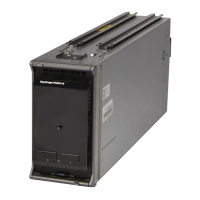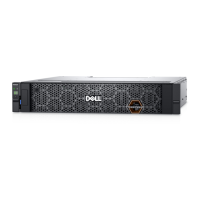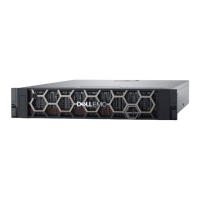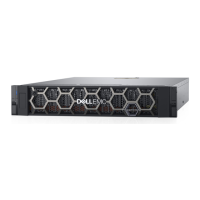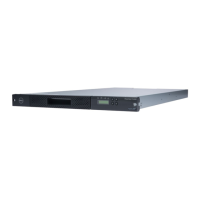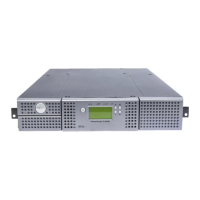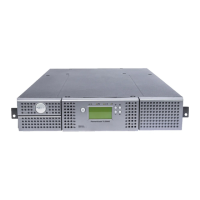v
Preface
With one or more PS Series storage arrays, you can create a PS Series group—a
self-managing, iSCSI storage area network (SAN) that is affordable and easy to
use, regardless of scale.
This manual describes how to install PS4000 array hardware, configure the
software, and start using the SAN.
Audience
This manual is designed for the administrators responsible for installing array
hardware. Administrators are not required to have extensive network or storage
system experience. However, it may be useful to understand:
• Basic networking concepts
• Current network environment
• User disk storage requirements
• RAID configurations
• Disk storage management
Note: Although this manual provides examples of using PS Series arrays in some
common network configurations, detailed information about setting up a
network is beyond its scope.
Organization
This manual is organized as follows:
• Chapter 1, Steps for Getting Started, describes the steps for getting started.
• Chapter 2, Hardware Installation, describes how to install the array hardware.
• Chapter 3, Software Configuration, describes how to initialize an array and
either create a group with the array as the first member or add the array to an
existing group.
